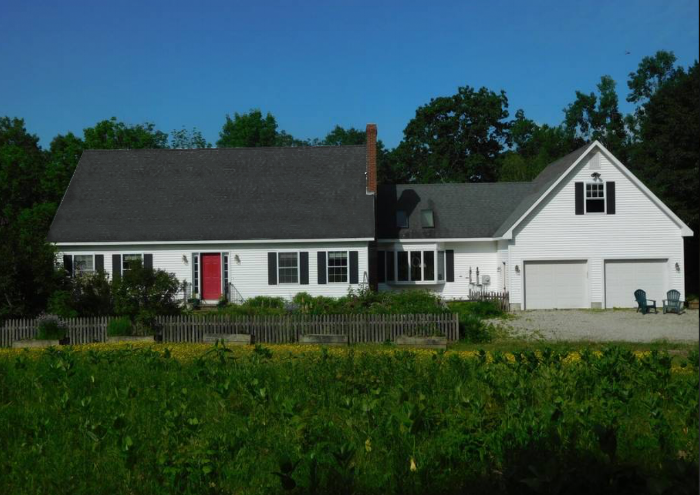Airbnb 101
Likely you’ve heard a bit about Airbnb. It’s a fairly recent phenomenon of what has come to be called “the sharing economy” where people with an asset are willing to let others benefit from it – for a fee. Think also Uber and Lyft, where car owners use their personal vehicles to carry passengers from point to point much like a taxi service.
Airbnb is an exciting opportunity for homeowners, investors and travelers. I recently sold a home in the Highlands to investors who plan to use it as a guest house for friends and family and pay for it by renting it out on Airbnb between family visits. Some friends of mine have also purchased another home nearby for the sole purpose of putting it on Airbnb. It’s a rapidly growing sector.
Louisville implemented a new ordinance in August of 2016 to set ground rules for how homeowners and investors can participate in what are generically known as “short term rentals” – any stay of less than thirty days. The ordinance includes provisions for operators to register their homes with the city, pay taxes on rentals and it sets limits on occupancy and outlines penalties for those who don’t follow these and other guidelines. The ordinance was passed knowing that it would serve as a first draft that will ultimately be refined as the city receives feedback from both hosts, visitors and neighbors. Click here for more specifics on the city ordinance.
Like any innovation, there are pluses and minuses.
On the good side, letting out-of-town folks stay in our residential neighborhoods helps them get a true appreciation for Louisville and its many diverse and unique areas. Additionally, short term rentals can provide lower cost accommodations than may be available in hotels and motels. Plus, they are a source of helpful extra income for homeowners. As a frequent partaker of Airbnb when we travel, my family has also found the personal side of the experience to be very rewarding.
As part of the booking process, travelers are asked to provide some information about themselves and their travel plans. This helps the prospective hosts match their accommodations with suitable visitors. A photo of hosts and guests are exchanged for security purposes so when they arrive, hosts and guests are no longer truly strangers. On a recent stay in Maine, we met an 89-year-old woman who had just gotten into the business! She and her husband likely didn’t need the supplemental income, but they thoroughly enjoyed the role of playing host and meeting new people.
Like anything in life however, there can also be some bad that comes with the good. Two issues seem to dominate here. The first is the behavior of guests. If the hosts are not also residing at the property, guests are on their own. In my own neighborhood, we have had some bachelor parties made up of young men from out of town, here to enjoy the Bourbon Trail and nightlife in general. When their front porch conversations extended late into the night with jokes and laughter, that wasn’t so great for neighbors having to get up early for work the next day. The owner changed policies so that all guests on the property had to go indoors by 10:00 p.m.
A second issue can be parking. The city ordinance lets hosts accept guests for two times their number of bedrooms, plus four. So, a three-bedroom home can play host to 10 guests. If they all come from Boston and hire a shuttle to pick them up at the airport and carry them around the Bourbon Trail, no problem. But if they’re coming from Cincinnati, Ohio, just an hour and fifteen minutes away, there’s a decent chance they could come with eight to ten cars, putting extra pressure on what is already somewhat limited on-street parking.
Short term rentals are here to stay. For those renting their own homes, the cost to get in the business is minimal and the downside risk is low. For investors, it’s worth a careful look at overnight rates in the area as well as occupancy averages to see if a home purchase can make a positive return. Understanding the rules, setting thoughtful ground rules and being mindful of the neighbors can help make it a positive experience for everyone.

